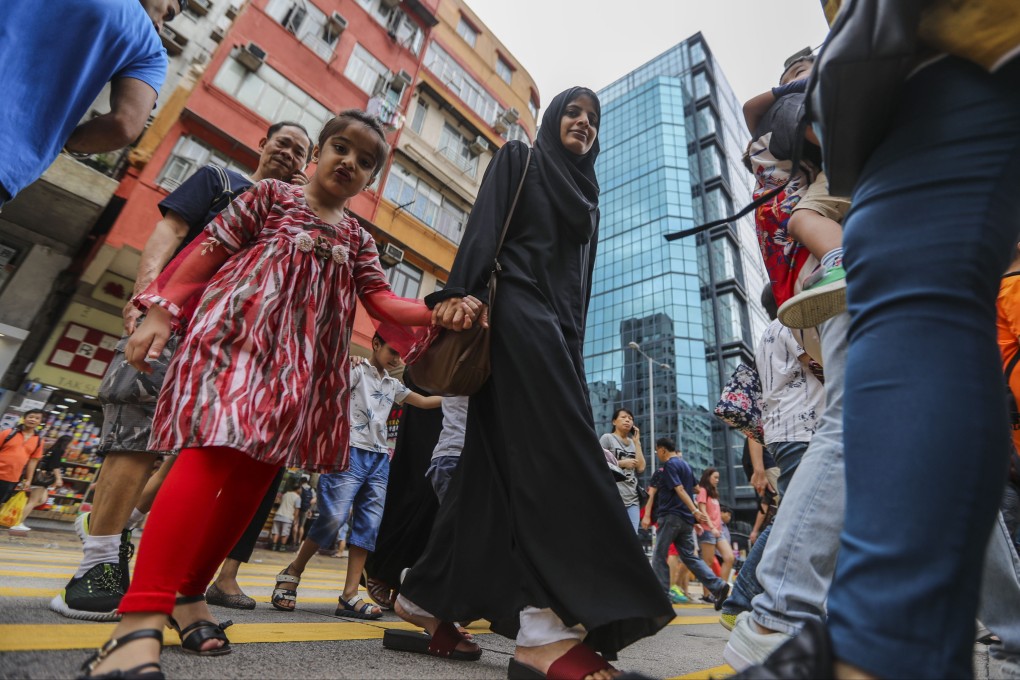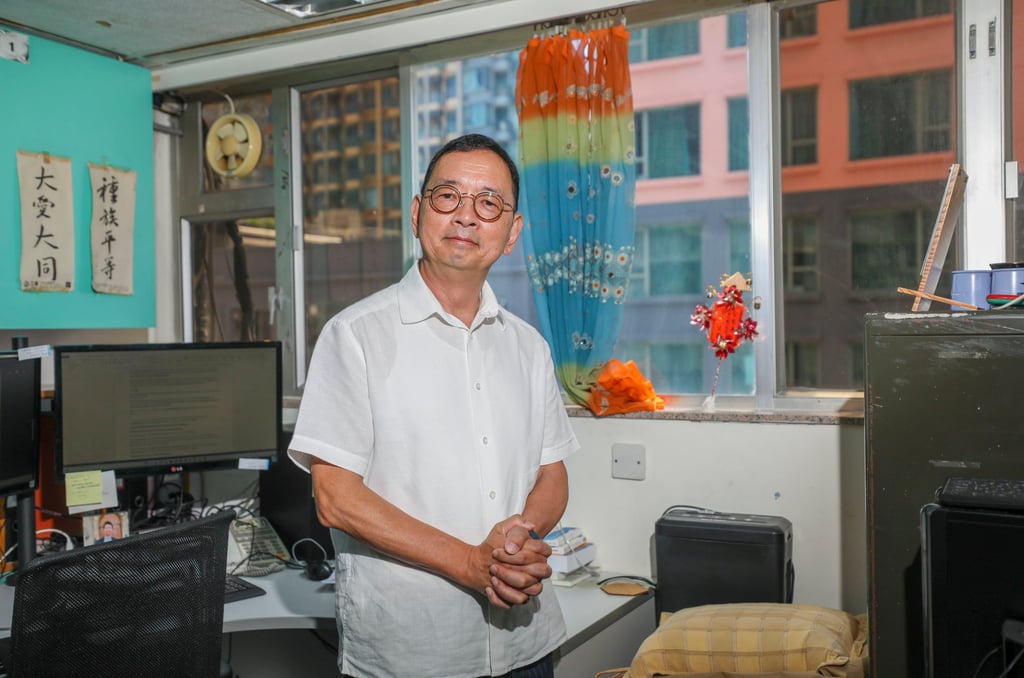Editorial | It never rains but it pours for Hong Kong’s ethnic minority community
- From education to jobs, the Covid-19 pandemic has only worsened the plight of those who are non-Chinese, making it all the more urgent for the authorities to level the playing field as enshrined in the Basic Law

The Basic Law states that all people in Hong Kong will be treated equally and their rights and freedoms safeguarded. President Xi Jinping, in his speech on July 1 marking the 25th anniversary of the city’s return to Chinese rule, called on the government to address concerns and difficulties in daily life and make sure citizens shared more fully and fairly in the fruits of development.
But members of ethnic minority groups would appear to have suffered disproportionately during the fifth wave of the Covid-19 pandemic, with almost half of those spoken to for a survey saying they had been made jobless and forced to use savings or borrow to survive.
Lack of language proficiency and employment opportunities were among reasons given for the dire circumstances.
The survey, by the ethnic minority advocacy group Hong Kong Unison, of 937 people in March-April found 48.9 per cent had been out of work. Tough social-distancing rules were in place during that period as the coronavirus surged across the city, infecting thousands and taking dozens of lives each day.

Many places of employment were either closed or had restricted opening hours. People most affected were those in lower-paying jobs, such as building workers, restaurant, bar and pub staff and receptionists in venues such as fitness centres.
